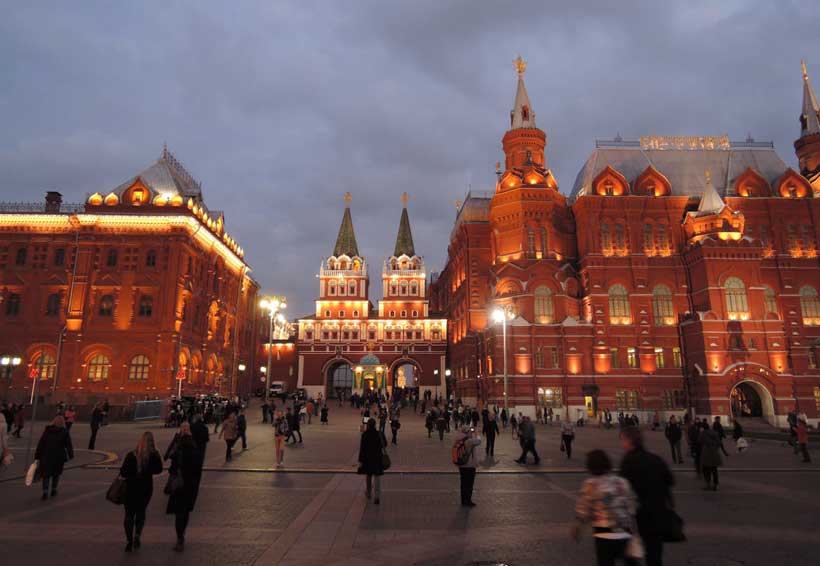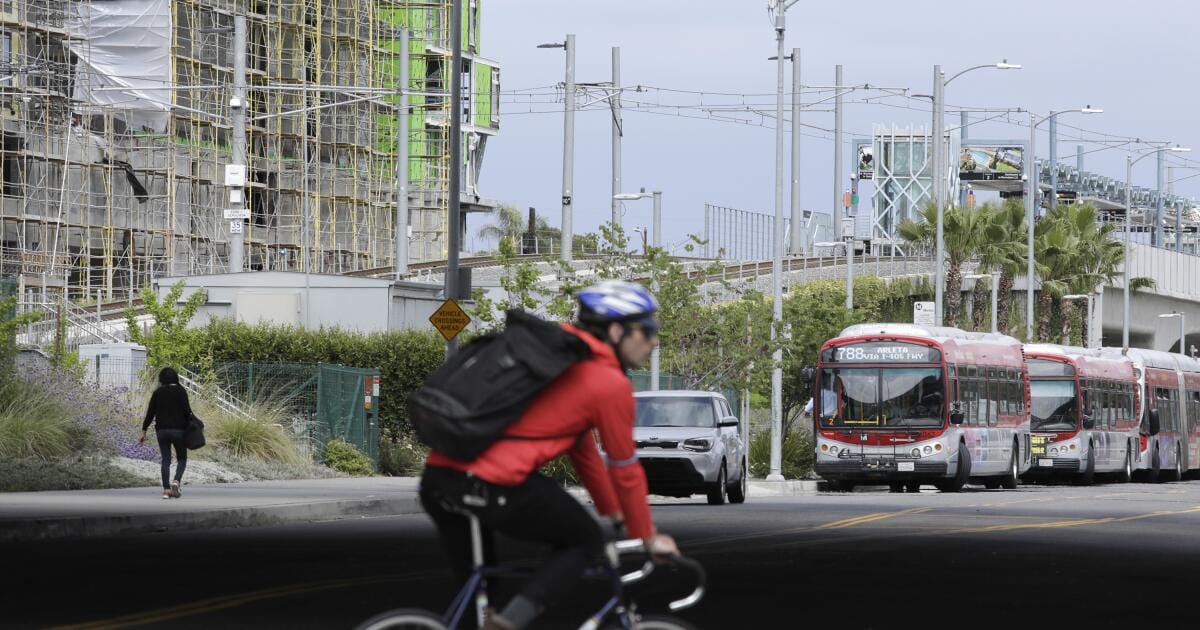Trump, contradicting California GOP, opposes early voting on Prop. 50
President Trump urged California voters on Sunday not to cast mail-in ballots or vote early in the California election about redistricting — the direct opposite of the message from state GOP leaders.
Repeating his false claim that former President Biden beat him in 2020 because the election was rigged, Trump argued that the November special election about redistricting in California would be rigged, as would the 2026 midterm election to determine control of Congress.
“No mail-in or ‘Early’ Voting, Yes to Voter ID! Watch how totally dishonest the California Prop Vote is! Millions of Ballots being ‘shipped,’” Trump wrote on Truth Social. “GET SMART REPUBLICANS, BEFORE IT IS TOO LATE!!!”
Proposition 50, a ballot measure proposed by Gov. Gavin Newsom and other California Democrats to redraw the state’s congressional districts to boost their party’s ranks in the U.S. House of Representatives, is on the Nov. 4 ballot.
The rare mid-decade redistricting effort was in response to Trump urging GOP-led states, initially Texas, to increase the number of Republicans in the House in the 2026 midterm election to allow him to continue implementing his agenda in his final two years in the White House.
Newsom responded to Trump on X: “Ramblings of an old man that knows he’s going to LOSE.”
Trump has not weighed in on the merits of Proposition 50, while prominent Democrats who support it have, including former President Obama.
More than 4 million mail-in ballots — 18% of the ballots sent to California’s 23 million voters — had been returned as of Friday, according to a vote tracker run by Democratic redistricting expert Paul Mitchell, who drew the proposed maps on the ballot. Democrats continue to outpace Republicans in returning ballots, 51% to 28%. Voters registered without a party preference or with other political parties have returned 21% of the ballots.
Early-voting centers also opened in 29 counties on Saturday.
Turnout figures were alarming Republicans leaders before Trump’s message.
“It’s simple. Republicans need to stop complaining and vote. We ask and ask and ask and yet turnout still lags,” the San Diego GOP posted on X. “To win this one GOP turnout needs to be materially better than average. It’s very doable but won’t just happen. Work it.”
Republicans historically voted early while Democrats were more likely to cast ballots on election day. Trump upended this dynamic, creating dissonance with GOP leaders across the nation who recognized the value of banking early votes. And it completely contradicts the messaging by the opponents of Proposition 50.
Jessica Millan Patterson, a former chair of the state GOP and leader of the “No on Prop. 50 — Stop Sacramento’s Power Grab” committee, has been a longtime proponent of urging Republican voters to cast ballots as early and conveniently as possible.
“Sacramento politicians rushed this costly election for partisan gain, and mistakes have been made,” she said Sunday evening. “If Californians want change from our state’s failed one-party rule, it starts by turning out to vote no on Proposition 50.”


